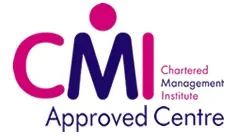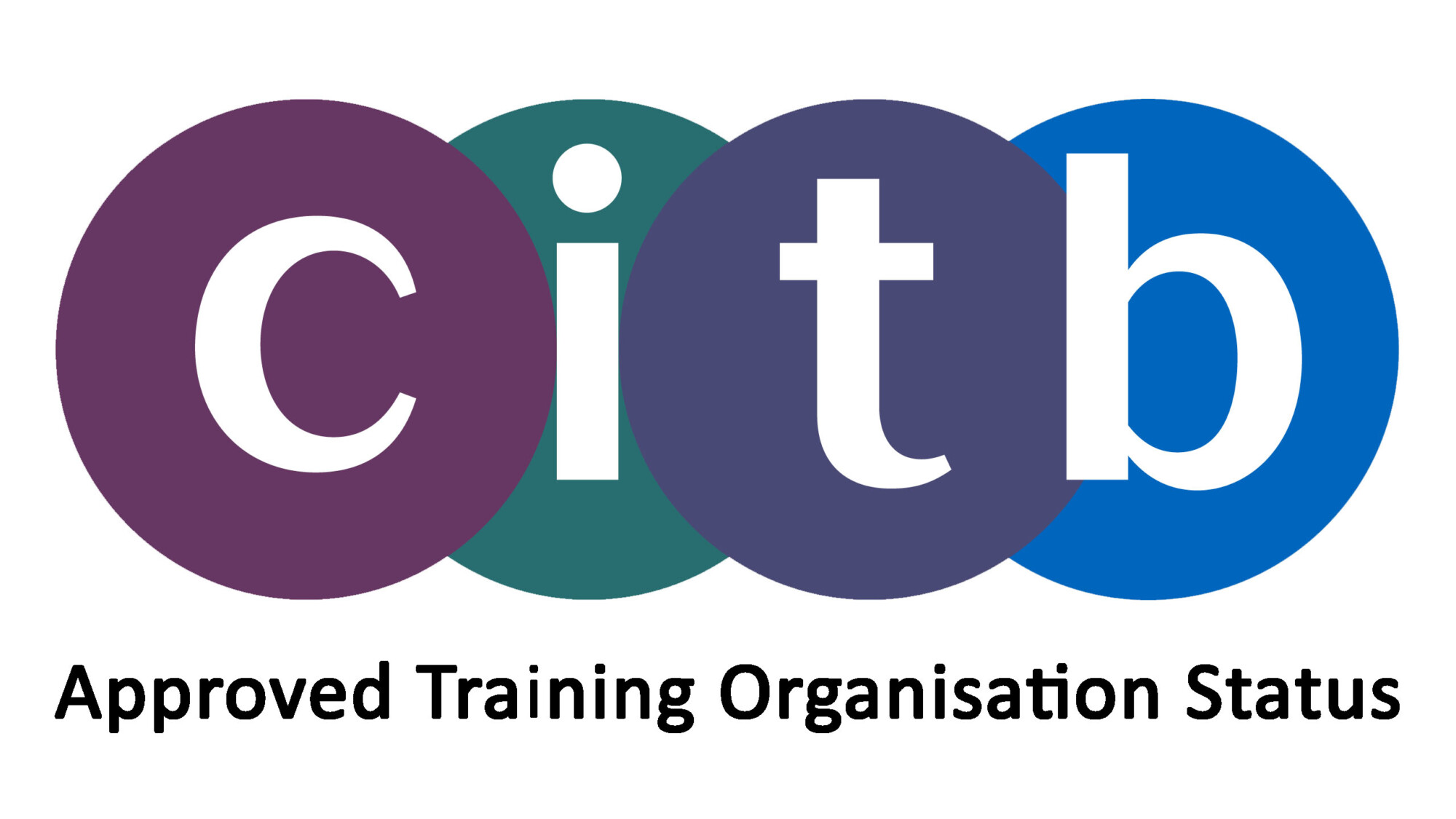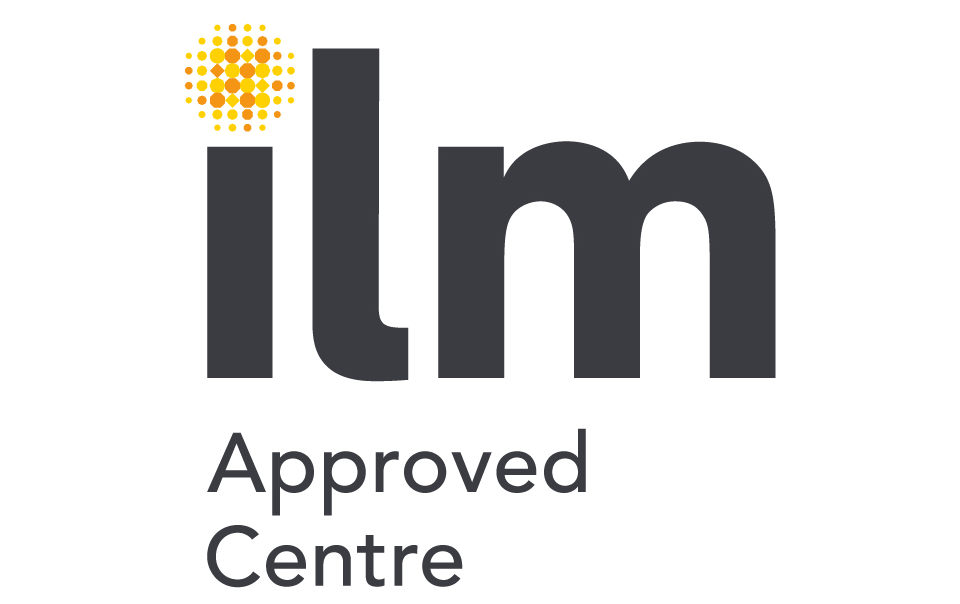How to Help Managers Delegate Without Micromanaging
If you’re a senior leader, HR professional or involved in learning and development, you’ve probably seen the effects of poor delegation. Managers overloaded with tasks, holding onto control, and unknowingly limiting team growth. It’s a common issue, especially when expectations are high and delivery is critical.
Helping your managers learn how to delegate effectively—without falling into the trap of micromanagement—is key to developing confident, high-performing teams. And the right training makes all the difference.
Why Managers Struggle to Let Go
Many managers become managers because they were strong individual contributors. But that doesn’t mean they automatically know how to lead. Delegation can feel risky. Some fear that handing over control will lead to mistakes, or that their value will be questioned if they’re not seen to be across every detail.
Without the right mindset and skills, this often leads to:
-
Micromanagement
-
Burnout for the manager
-
Frustration and disengagement from the team
-
Missed development opportunities for others
Good delegation is a skill, not a default. It needs to be learned and practised.
Focus on Outcomes, Not Methods
Effective delegation isn’t about handing over a to-do list. It’s about setting clear outcomes and trusting the team to find the best way to achieve them.
Help your managers learn to:
-
Define what success looks like
-
Set boundaries and clarify expectations
-
Let go of how tasks are done, as long as the outcome is right
This shift from process to purpose gives employees more ownership, while still giving the manager oversight.
Create a Culture of Check-ins, Not Check-ups
One of the biggest fears managers have when delegating is being left out of the loop. This can lead them to hover, request constant updates, or undo their team’s work.
Instead, encourage a structure of regular, agreed check-ins. Not to re-do the work, but to:
-
Monitor progress
-
Give guidance when asked
-
Offer support and remove blockers
Training can help managers reframe how they stay informed without interfering.
Encourage Coaching, Not Telling
When issues arise, inexperienced managers often jump straight to solutions. It feels quicker and more efficient—but it creates dependency.
Delegation works best when managers coach their team to solve problems themselves. This means asking open questions, encouraging reflection, and helping people learn from experience.
Leadership and management training can build these coaching habits into day-to-day practice.
Build Confidence Through Practice
The theory of delegation is simple. The practice is not. That’s why hands-on learning and feedback are so important.
At Keystone, we offer leadership development programmes that help managers:
-
Build awareness of their current behaviours
-
Understand the risks and rewards of delegation
-
Practise conversations in a safe environment
-
Develop confidence in stepping back without losing control
With the right training, your managers can delegate in ways that empower others, improve outcomes, and reduce their own stress.
Empowering Managers to Delegate With Confidence and Drive Stronger Teams
Delegation isn’t just about managing workload—it’s about trust, growth, and leadership maturity. If you want your managers to step up without stepping on their teams, the right training can unlock lasting change.
Want to develop confident, effective delegators in your organisation?
We design and deliver bespoke leadership and management programmes that build trust-based delegation skills and reduce micromanagement. Talk to Keystone about how we can help.
Esther Patrick is a Client Accounts Director at Keystone and a member of the Senior Leadership Team. An experienced consultant and management author, she has nearly 20 years’ experience leading client partnerships across sectors from construction to healthcare and designing leadership, culture, and team development programmes aligned with their strategic goals and values. Esther is passionate about creative, human-centred learning.



